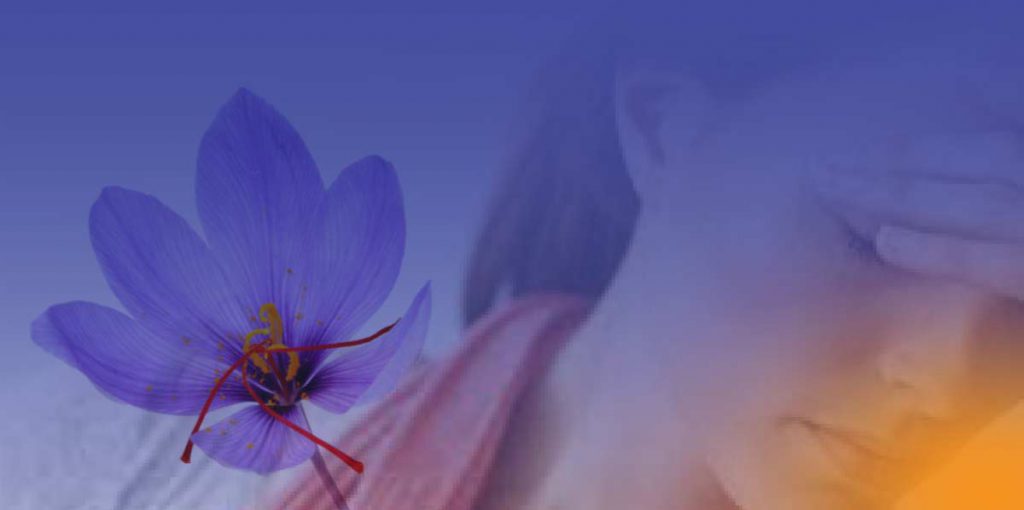
Depression is recognized as an illness that is associated with traits like sadness, isolation, loss of interest, diminishing ability to enjoy life and feeling like a burden to loved ones. While these are all known costs to quality of life, conventional medicine seems to only believe that toxic drugs are the solution. Depression affects about 20% of the population and current treatment methods are ineffective.
Undesirable side effects and the heavy cost of medication are two major drawbacks to conventional treatment programs for depression. Even the pharmaceutical industry warns consumers about their own products by stating that antidepressant drug users may experience more fatigue, dizziness, anxiety, agitation, depression and suicidal tendencies. Just one look at the “warning” label on most antidepressant medications and I can hardly believe this stuff can legally be sold to the public.
Many natural healthcare providers and their patients are looking for a better way to eliminate mood disorders. Saffron is a popular natural remedy that researchers are now looking at for the treatment of depression.
Saffron was used as an antidepressant in Traditional Medicine. The saffron threads are obtained from the petal part, the most expensive part of the herb, and also the stigma of the plant. A chemical analysis reveals that more than 150 components in saffron stigmas and carotenoids and monoterpene aldehydes were found to be more powerful components in saffron.
The volatile compounds, bitter principles and the dye materials in saffron are considered the primary constituents that are responsible for the anticovulsant, anti-inflammatory and antioxidant effects. One study revealed that anxiety was alleviated by simply smelling saffron. Saffron triggered salivary secretion and significantly decreased the physiological bio-markers for stress.
This suggested that saffron can act as a potent side-effect free antidepressant. The active constituents in saffron – crocetin and crocin – were identified to exhibit protection from neuro-degenerative disorders like, memory loss and depression.

